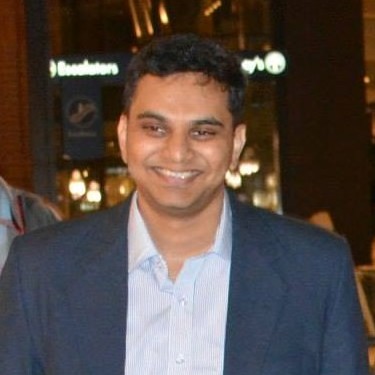Manju Lasantha Fernando
I am a graduate from the Computer Science & Engineering Department at the University of Moratuwa, Sri Lanka. I completed my master’s degree in Computer Science & Engineering (with a major component in research) at the same university. My research project was on spatio temporal forecasting of dengue outbreaks using mobile network big data and machine learning. This project used pseudonymized Call Detail Records (CDR) to capture human movement patterns at a regional level, which was combined with other relevant data sources to build machine learning models that predict dengue outbreaks in Sri Lanka.
Currently, I work as a senior researcher at the Big Data for Development (BD4D) team at LIRNEasia, where we process large-scale heterogenous datasets (Mobile Network Big Data, Remote sensing data etc.) to derive insights that can help shape public policy, especially in developing nations. In our team, even though the focus is more on application oriented research as opposed to theoritical research, there is that unique sense of satisfaction you can derive from combining cutting-edge developments on data processing techniques and machine learning to solve pressing societal issues in the developing world. You can find more details on how we use big data and machine learning to tackle issues of relevance to our society in here.
The research I do at LIRNEasia is mostly inter-disciplinary, with a strong focus on data science and big data applications. However, my primary field of interest had always been distributed systems. I suppose it is partly due to my fascination on seeing different kinds of machines or systems combining to perform some complex task, that would have been impossible to tackle for a single machine. Also, I find it quite intriguing that a piece of code running perfectly fine in sequential execution within a computer needs a complete paradigm shift when execution becomes concurrent and parallel. This line of thinking naturally led me to develop a keen interest in concurrent programming and high performance computing as well. However, after graduating and joining the industry, I realized that the industry focus was more practical, where more time and effort was spent on emergent disciplines such as big data, data science and stream processing.
Before I joined LIRNEasia, I worked as a senior software engineer at WSO2, where I worked mainly on the Complex Event Processor of the WSO2 middlware platform. While working there, I worked on optimizing the Siddhi real time stream processing engine, introducing distributed stream processing capabilties to our product by integrating with Apache Storm and working on code optimization to squeeze out that extra bit of latency and throughput from the product. It was around this point that I felt that I needed to explore issues around topics like optimization, distributed stream processing, and distributed coordination at a more fundamental level.I had always wanted to pursue higher studies. So I decided to switch my career path. In order to get exposure into the academic world, I started pursuing a research based masters at my university, and joined LIRNEasia at the same time, where I got the opportunity to tackle practical and pressing issues of my society by making use of emerging sub-disciplines of computer science.
I suppose this ramble about my different turns in life leads to a natural question. Where am I headed? What are my career goals? When I was small, I remember my father telling me a story about how India (our neighbouring country) made a super computer in top secret facilities. At that time, I thought, ‘Wow, having a super computer is important for our tiny nation to get global recognition in areas like science and technology’. While my understanding on this has certainly evolved, I do hope that one day, I can be part of a team that builds world class high performance computing facilities for my small island nation. Regardless of me achieving this dream, I have decided that I want to learn more about computing systems, systems that combine together to perform complex and compute intensive tasks and build these systems too. In order to learn further, and contribute back to the academic community, it has been quite a while since I’ve decided that academic research is my calling.
